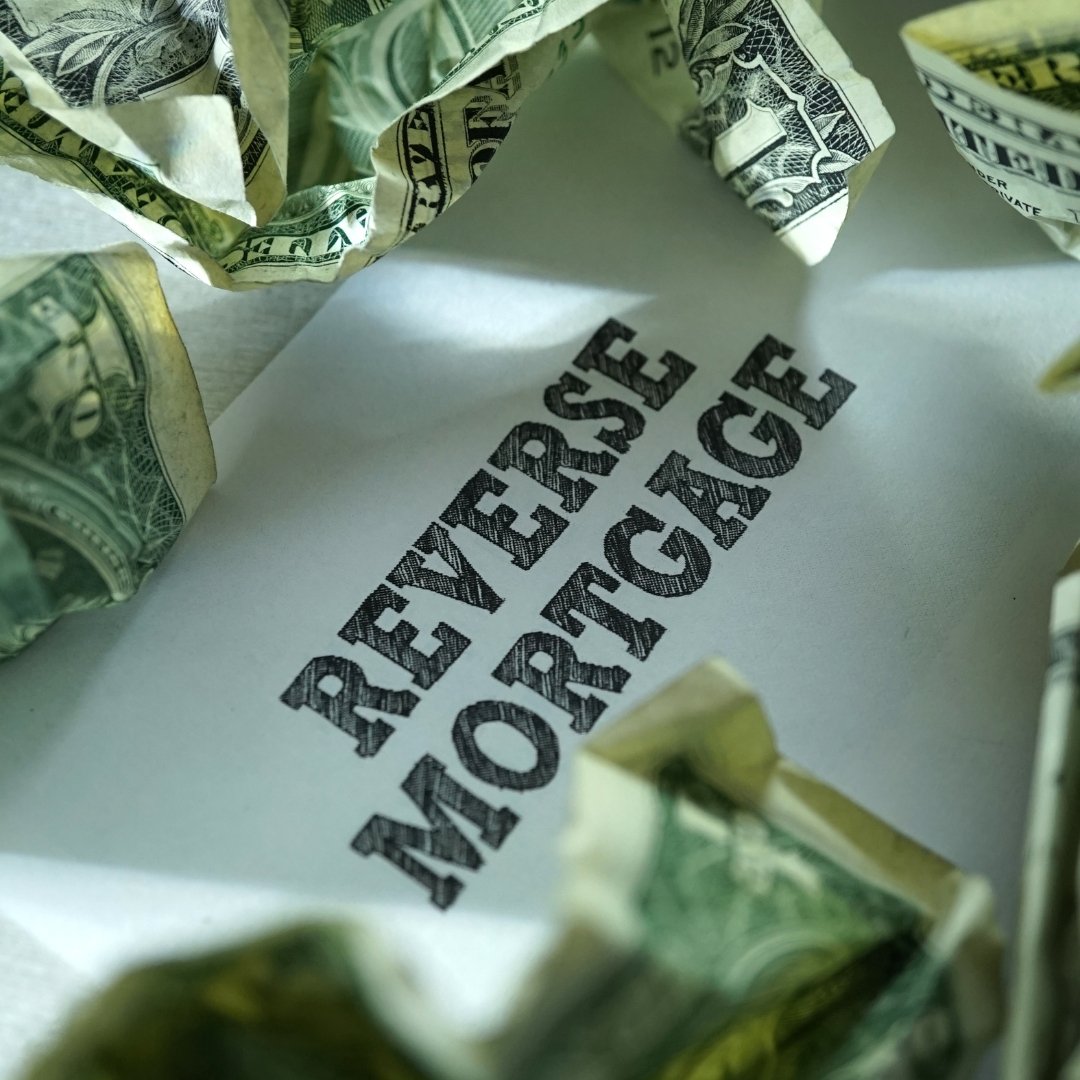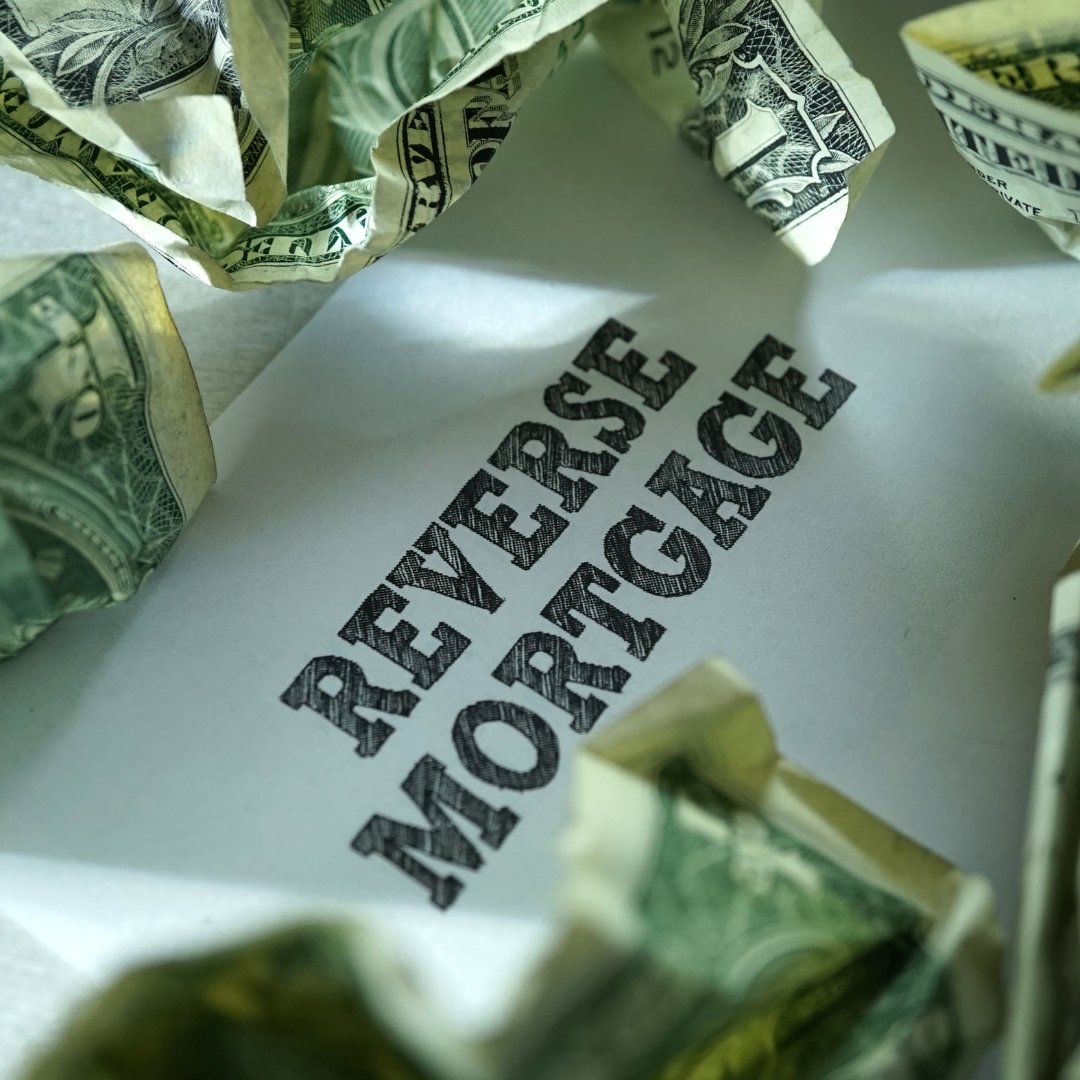Essential Requirements for Obtaining a Reverse Mortgage
Chris

Discover the key criteria needed to qualify for a reverse mortgage and secure your financial future.
Understanding Reverse Mortgages
A reverse mortgage is a type of loan available to homeowners who are at least 62 years old. It allows them to convert a portion of their home equity into cash, which can be received in various ways such as a lump sum, monthly payments, or a line of credit.
Unlike a traditional mortgage where the borrower makes monthly payments to the lender, a reverse mortgage pays the homeowner. The loan is repaid when the homeowner sells the home, moves out of the home, or passes away. At that time, the loan balance, along with any accumulated interest and fees, is paid off using the proceeds from the sale of the home.
Understanding the various aspects of reverse mortgages is crucial before deciding to pursue this financial option. It's important to know the eligibility requirements, the financial implications, and the potential benefits and drawbacks of a reverse mortgage.
Age and Home Ownership Requirements
To be eligible for a reverse mortgage, the homeowner must be at least 62 years old. This age requirement ensures that the homeowner has reached the minimum age threshold set by the government to qualify for this type of loan.
In addition to the age requirement, the homeowner must also own the home outright or have a significant amount of equity in the home. The reverse mortgage is based on the equity in the home, so the more equity the homeowner has, the more they may be able to borrow.
It's essential to note that the homeowner is still responsible for paying property taxes, insurance, and maintenance costs while they have a reverse mortgage. Failing to meet these obligations can result in defaulting on the loan.
Financial Assessment
Before obtaining a reverse mortgage, the homeowner must undergo a financial assessment to determine their ability to meet the ongoing obligations of the loan. This assessment is conducted by the lender and takes into account factors such as the homeowner's income, assets, and credit history.
The purpose of the financial assessment is to ensure that the homeowner has the financial means to pay for property taxes, insurance, and maintenance costs while having a reverse mortgage. It helps protect the homeowner from becoming financially burdened and potentially defaulting on the loan.
The lender may require additional documentation, such as income tax returns and bank statements, to verify the homeowner's financial information. It's important for the homeowner to be prepared to provide these documents during the application process.
Property Eligibility
Not all properties are eligible for a reverse mortgage. The home must meet certain criteria to qualify for this type of loan. Generally, single-family homes and some condominiums are eligible, while cooperative apartments and most mobile homes are not.
The property must also be the homeowner's primary residence, meaning they must live in the home for a majority of the year. Vacation homes or investment properties do not qualify for a reverse mortgage.
It's critical for homeowners to consult with a reverse mortgage counselor or lender to determine if their property meets the eligibility requirements before proceeding with an application.
Counseling and Education
To ensure that homeowners fully understand the implications of a reverse mortgage, they are required to undergo counseling from a HUD-approved reverse mortgage counselor. This counseling session provides homeowners with information about the loan terms, costs, and potential alternatives.
During the counseling session, homeowners can ask questions, clarify any concerns, and receive personalized advice based on their specific financial situation. This helps homeowners make an informed decision about whether a reverse mortgage is right for them.
Additionally, homeowners are encouraged to educate themselves about reverse mortgages through independent research and resources. Understanding the benefits, drawbacks, and potential risks of a reverse mortgage can empower homeowners to make the best financial decision for their needs.


